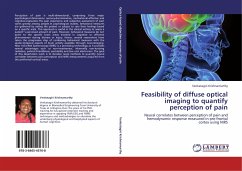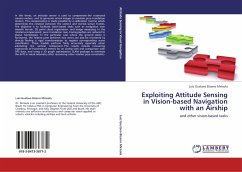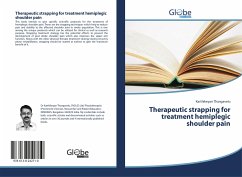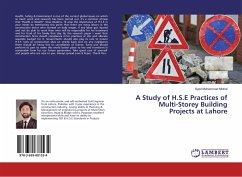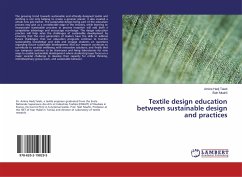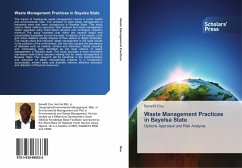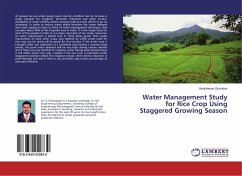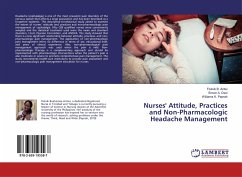
Nurses' Attitude, Practices and Non-Pharmacologic Headache Management
Versandkostenfrei!
Versandfertig in 6-10 Tagen
27,99 €
inkl. MwSt.

PAYBACK Punkte
14 °P sammeln!
Headache (cephalalgia) is one of the most prevalent pain disorders of the nervous system that affects a large population and has been described as a forgotten epidemic. This descriptive-correlational study aimed to examine the extent of nurses' attitude and practices and non-pharmacologic pain management of cephalalgia. Fifty (50) qualified nurses were conveniently sampled and the statistical treatment used were the mean and standard deviation, t-test, Pearson Correlation, and ANOVA. The study showed that there is a low significant relationship between attitude, practices, and non-pharmacologi...
Headache (cephalalgia) is one of the most prevalent pain disorders of the nervous system that affects a large population and has been described as a forgotten epidemic. This descriptive-correlational study aimed to examine the extent of nurses' attitude and practices and non-pharmacologic pain management of cephalalgia. Fifty (50) qualified nurses were conveniently sampled and the statistical treatment used were the mean and standard deviation, t-test, Pearson Correlation, and ANOVA. The study showed that there is a low significant relationship between attitude, practices, and non-pharmacologic pain management. The application of non-pharmacologic pain management infers no difference in terms of sex, educational level, and years of clinical experience. Also, non-pharmacological pain management approach was used when the pain is mild. Non-pharmacologic therapy is a complementary approach and should be implemented with pharmacologic interventions when the patient's pain is also moderate or severe to promote comprehensive pain management. The study recommends health-care institutions to provide pain assessment and non-pharmacologic pain management education for nurses.



